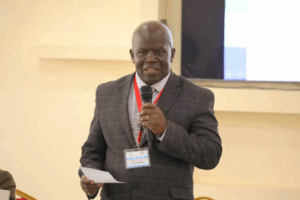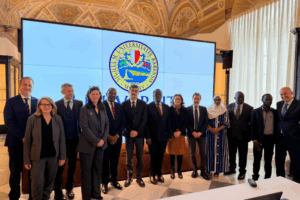MMUST Convenes Workshop on Institutional Ownership in an Effort to Shift the University’s Culture from a Traditional, Hierarchical Model to a Collaborative Model
In an effort to shift the University’s educational culture from a traditional, hierarchical model to a collaborative model, Masinde Muliro University of Science and Technology (MMUST), on 18th September, 2025, convened a workshop for students, lecturers, and administrators, to examine their collective sense of ownership over the institution. The workshop combined theoretical discussions on the foundations of ownership of learning with a unique interactive exercise. The participants engaged in the ‘We Own the School’ (WOTS) game, an innovation from SOL foundation, which prompted them to articulate MMUST’s current culture and envision its desired future. The event was officially opened by the Ag. Deputy Vice Chancellor for Planning, Research and Innovation, Prof. Peter Bukhala.
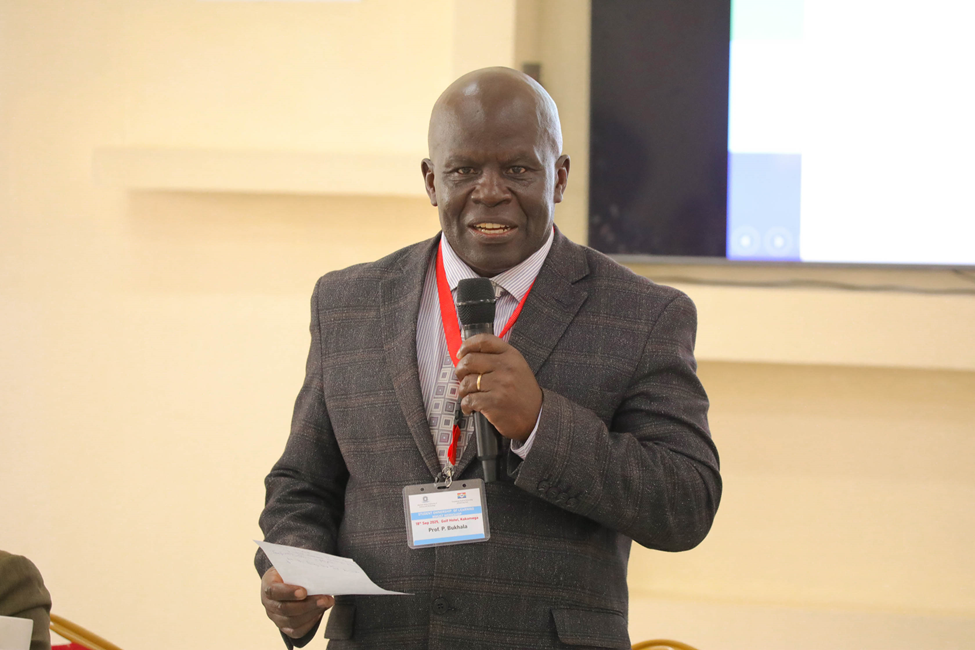
The Ag. Deputy Vice Chancellor for Planning, Research and Innovation, Prof. Peter Bukhala speaks at the event.
Speaking during the official opening of the workshop, Prof. Peter Bukhala highlighted that institutional capacity and culture are among the key strategic issues raised in the MMUST’s 2024-2028 Strategic Plan. He stated that culture has often been a barrier to continuous improvement, autonomy and innovation at MMUST.
“We are committed to a transformative culture change within our programmes, as outlined in our Strategic Plan. Realizing this will enable us to have an engaged and empowered community with the capabilities and the right culture to deliver value to our customers and improve the University’s processes, systems and performance. This workshop is a crucial step towards that goal by bringing students and other stakeholders on board and empowering them to contribute meaningfully and to be independent partners in this transformation,” said Prof. Bukhala.
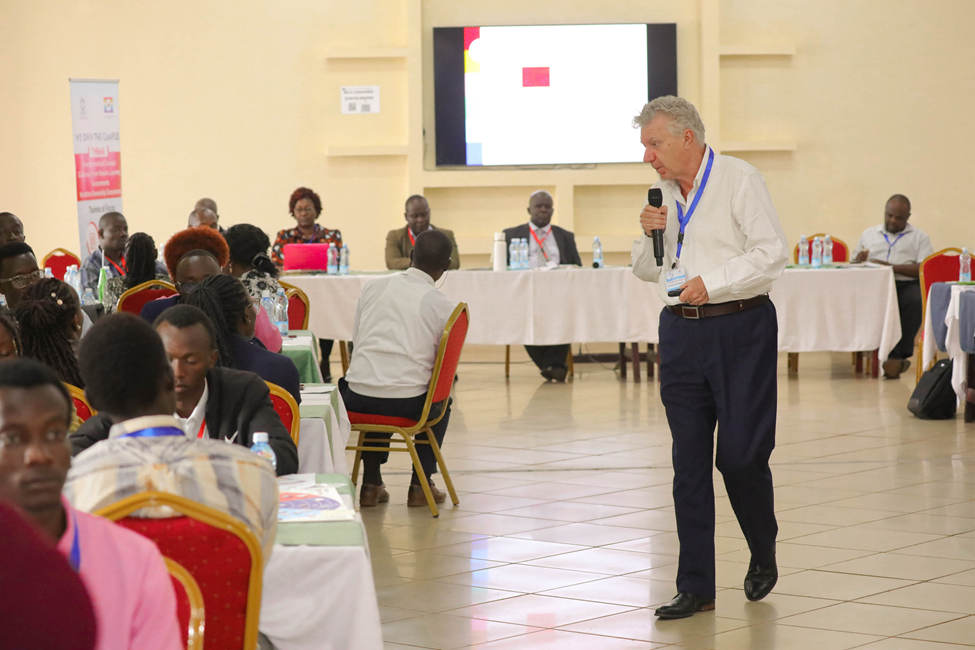
The President of the Student Ownership of Learning Foundation in the Netherlands, Prof. Henk Van Woudenberg, engages the participants during the workshop.
According to the President of the Student Ownership of Learning Foundation in the Netherlands, Prof. Henk Van Woudenberg, the workshop aligns with the broader national educational reforms. He pointed out that Kenya’s Competency-Based-Curriculum is an ambitious initiative facing challenges, including cultivating a sense of ownership within the schools.
Echoing Prof. Bukhala’s sentiments, Dr. Rose Opiyo, the Associate Dean School of Education and one of the researchers in the project, confirmed that the exercise was a ‘noble process’ vital for MMUST’s cultural transformation. She explained that by fostering a sense of shared ownership, the university boosts stakeholder motivation and commitment, which in turn enhances its competitiveness.
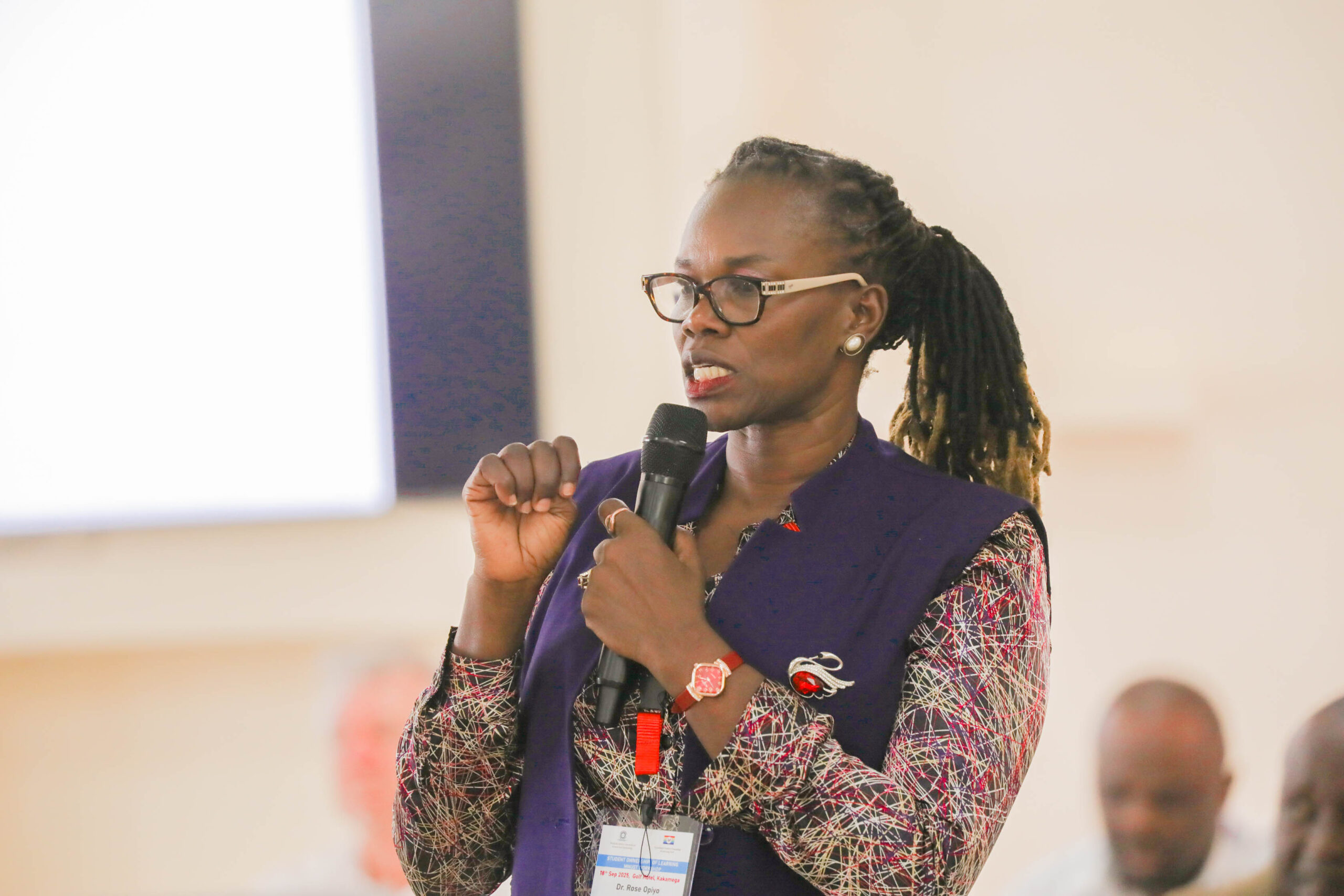
Dr. Rose Opiyo, the Associate Dean School of Education and one of the researchers in the project makes a point.
The gaming activities were steered by two other researchers in the project, Dr. Bill Ouda and Dr. Dr. Caroline Wekullo. Speaking during an interview, Dr. Wekullo expounded that the exercise will help redefine roles, moving away from a traditional model where lecturers simply impart knowledge. “This approach will make students creators of knowledge, with lecturers acting as facilitators who help perfect the process. This shift is not just for students but for all members of the university community to take an active role in shaping its future,” she stated.
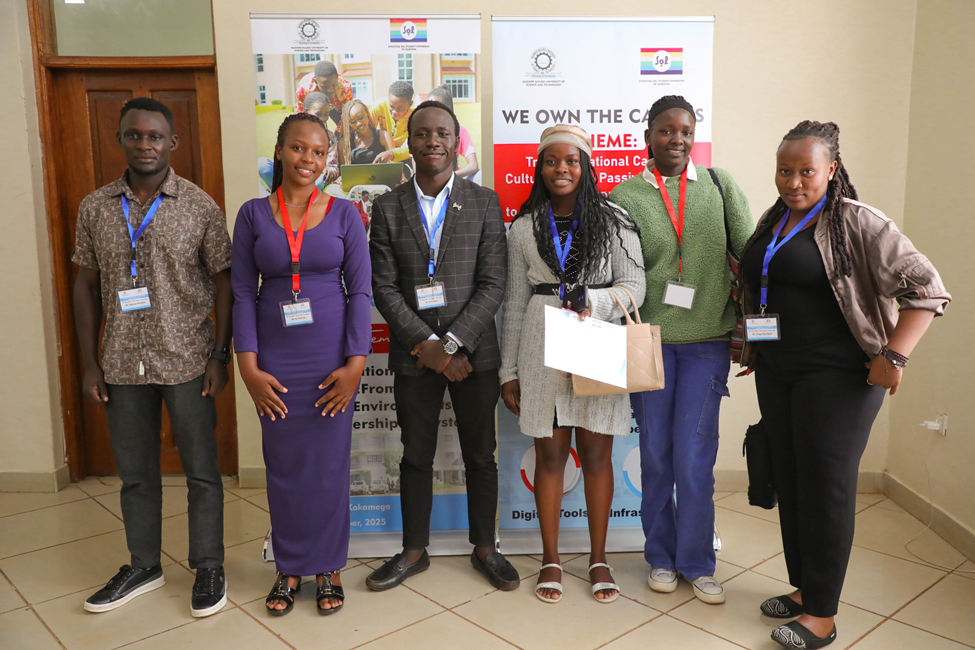
A section of students share a moment at the event.
Certainly, this initiative represents a fundamental shift in MMUST’s approach, moving away from a traditional, centralized model toward a collaborative culture where all stakeholders feel a sense of ownership of the institution. This effort is expected to increase the motivation and commitment of its community, and in so doing, strengthen the University’s position and competitiveness in the higher education sector.

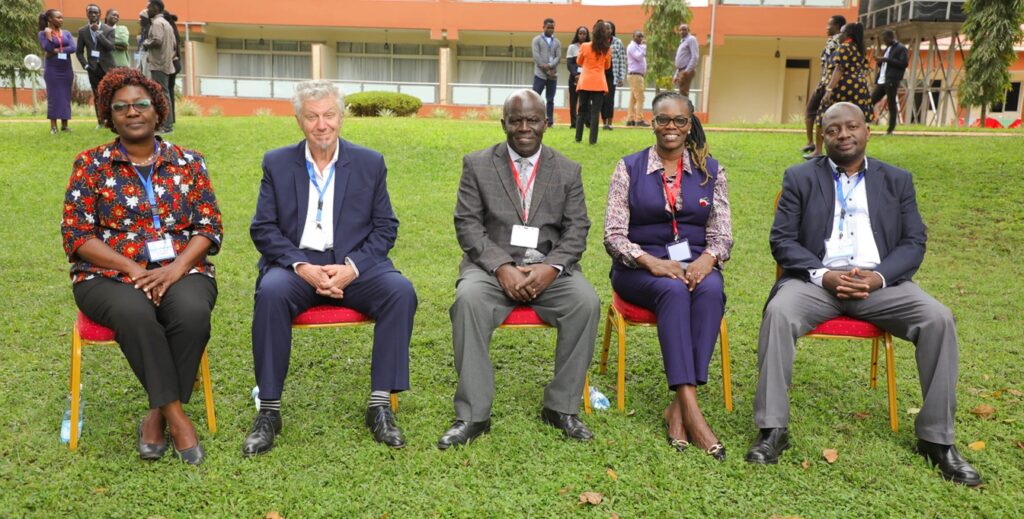
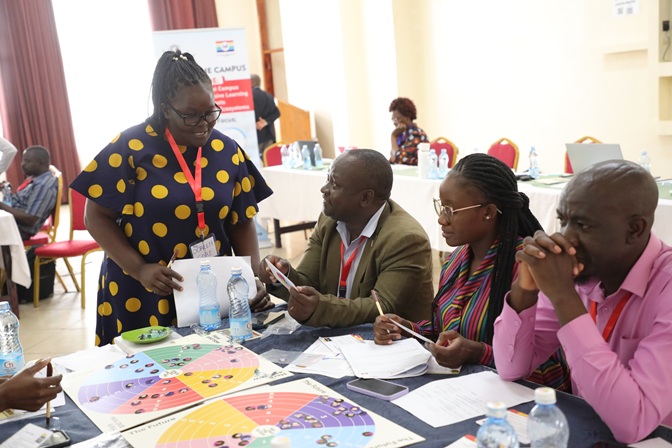
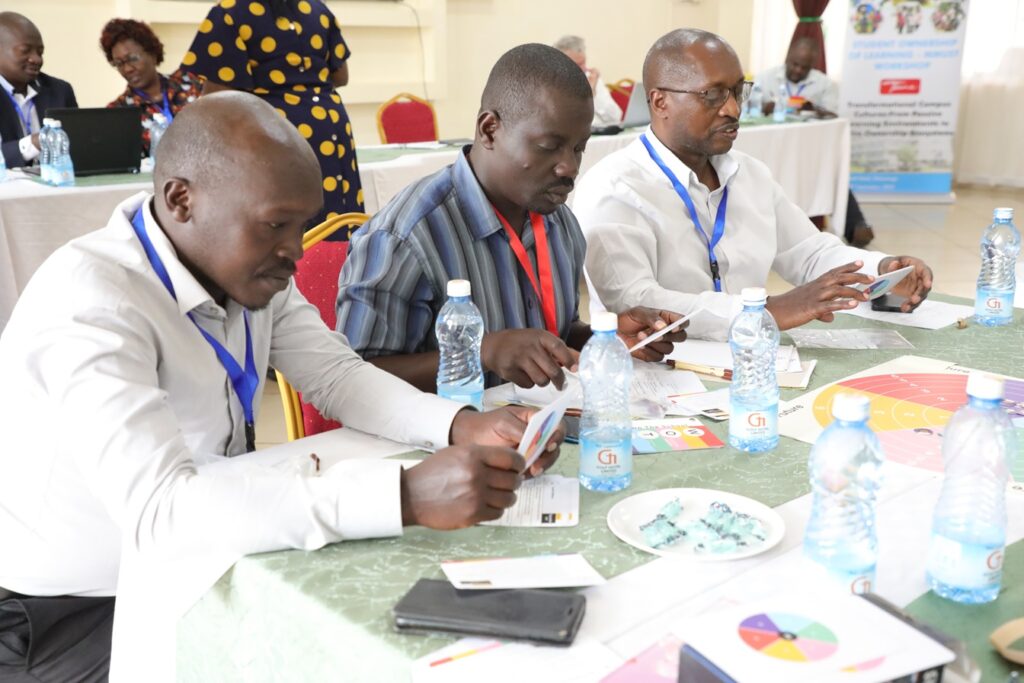
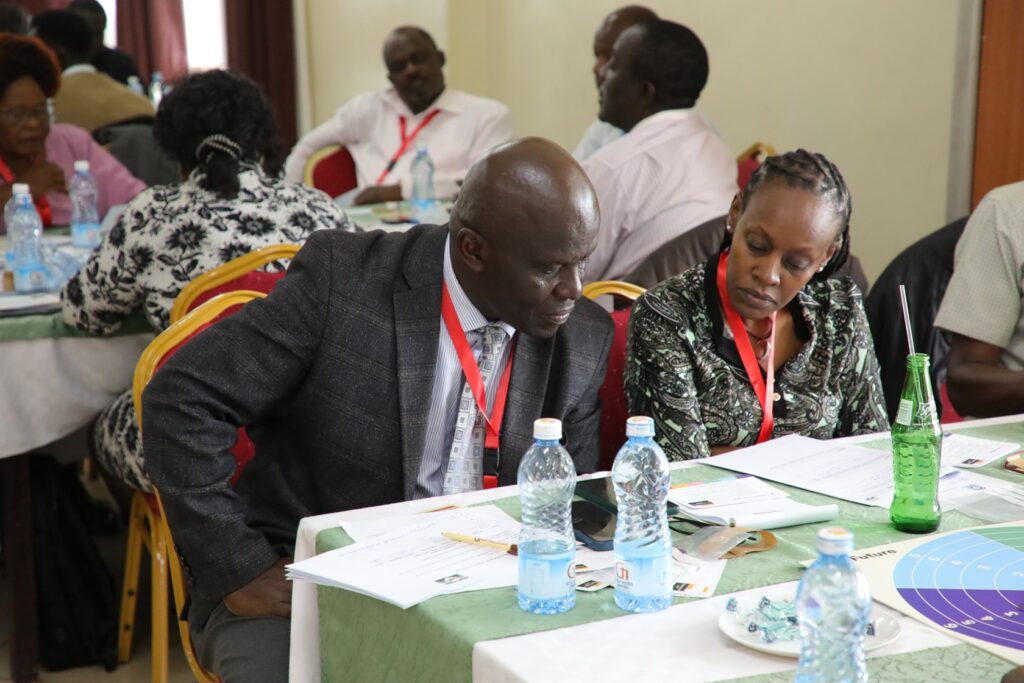
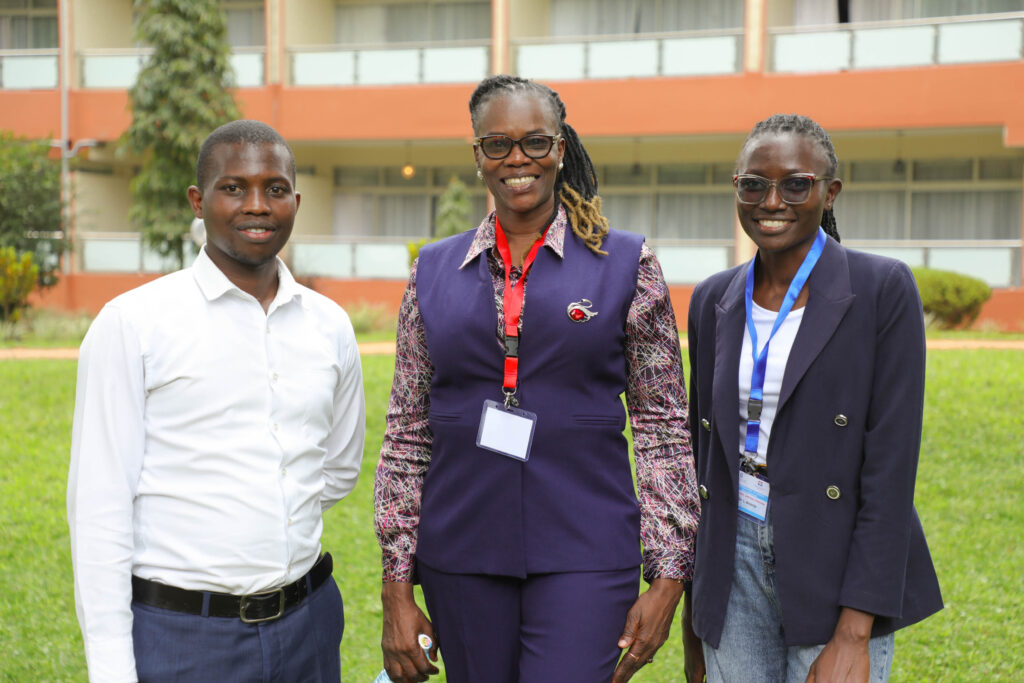
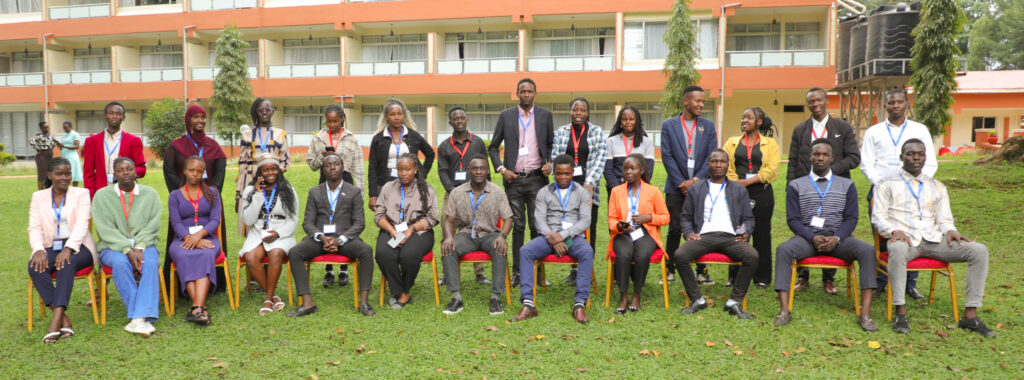
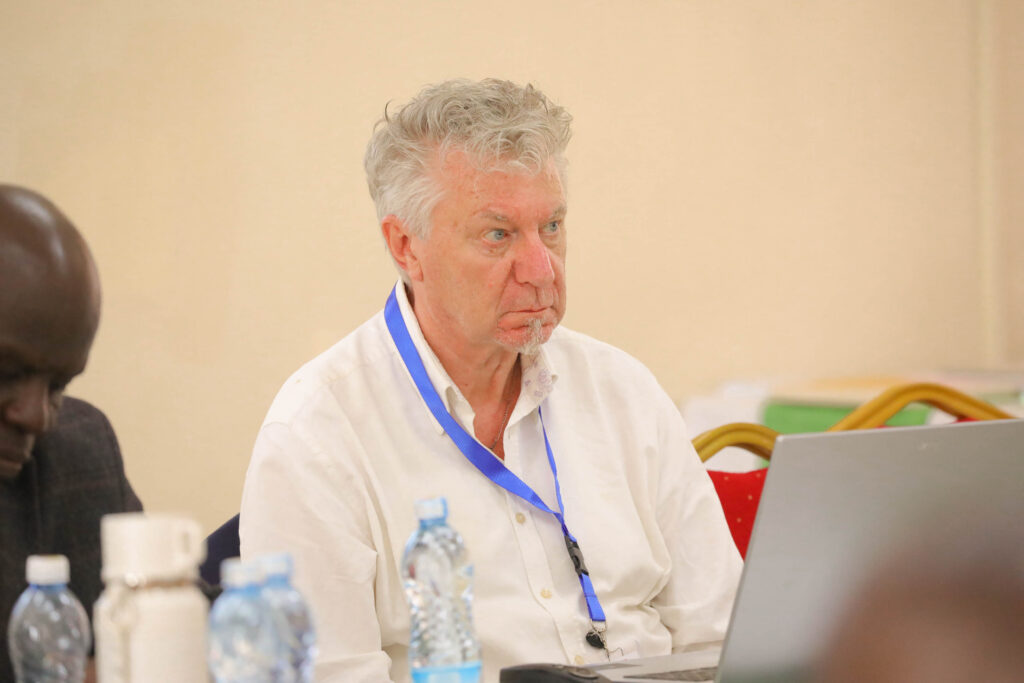
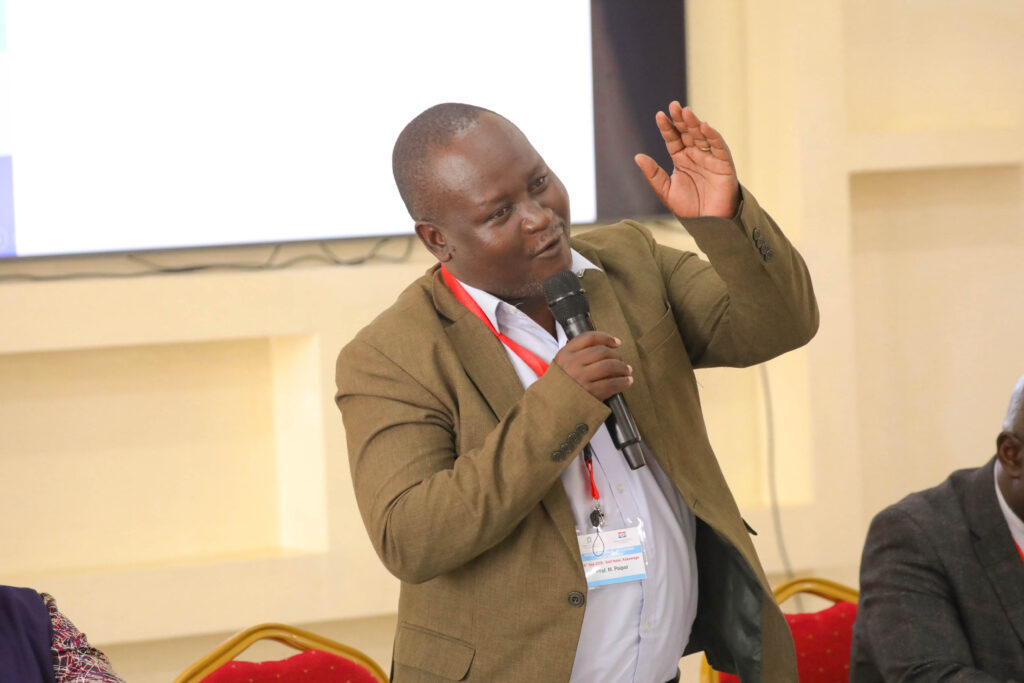
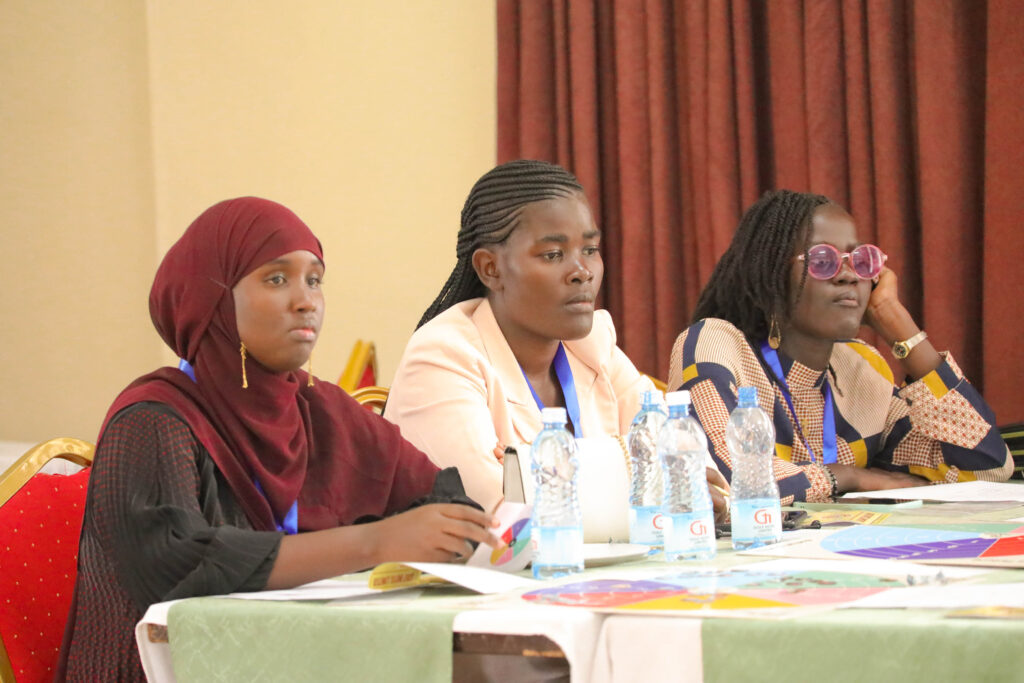
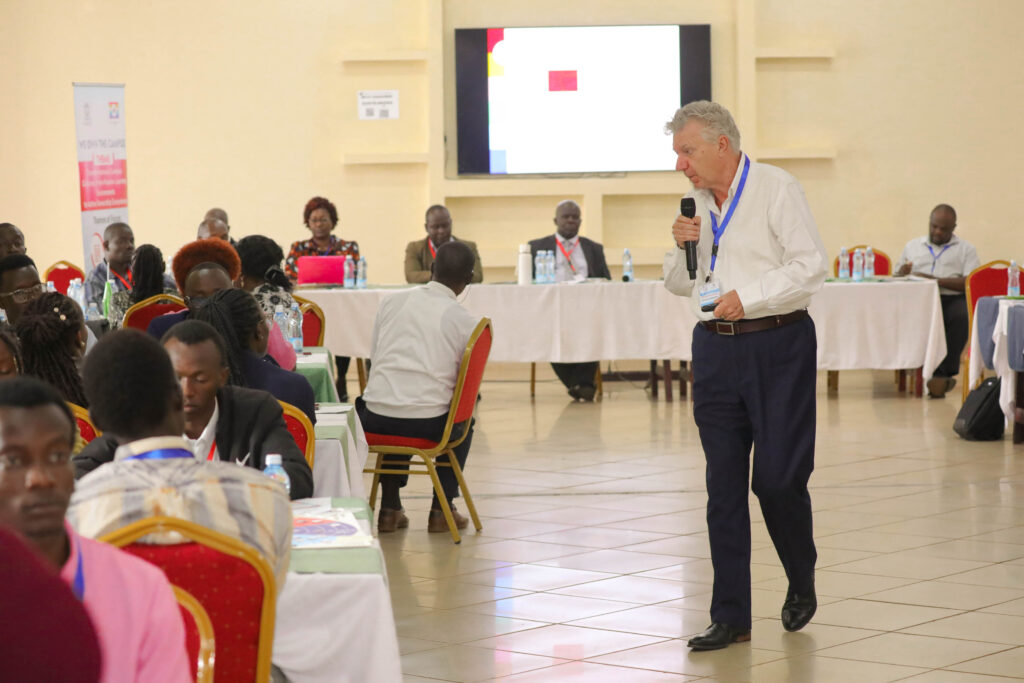
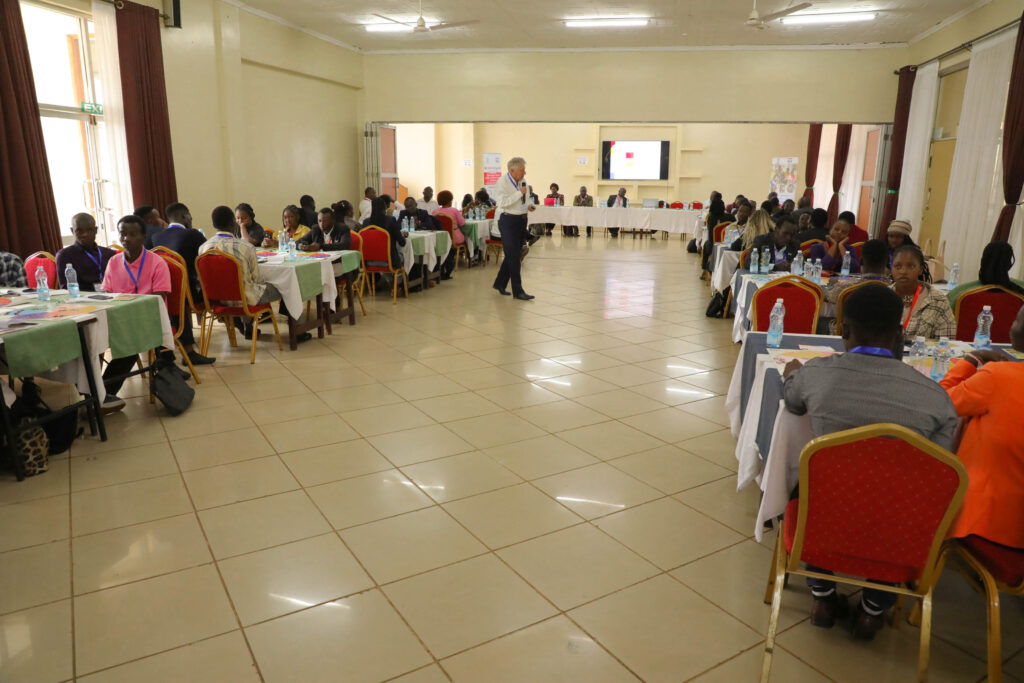
By Caren Nekesa
Photos by Shiundu Masafu

